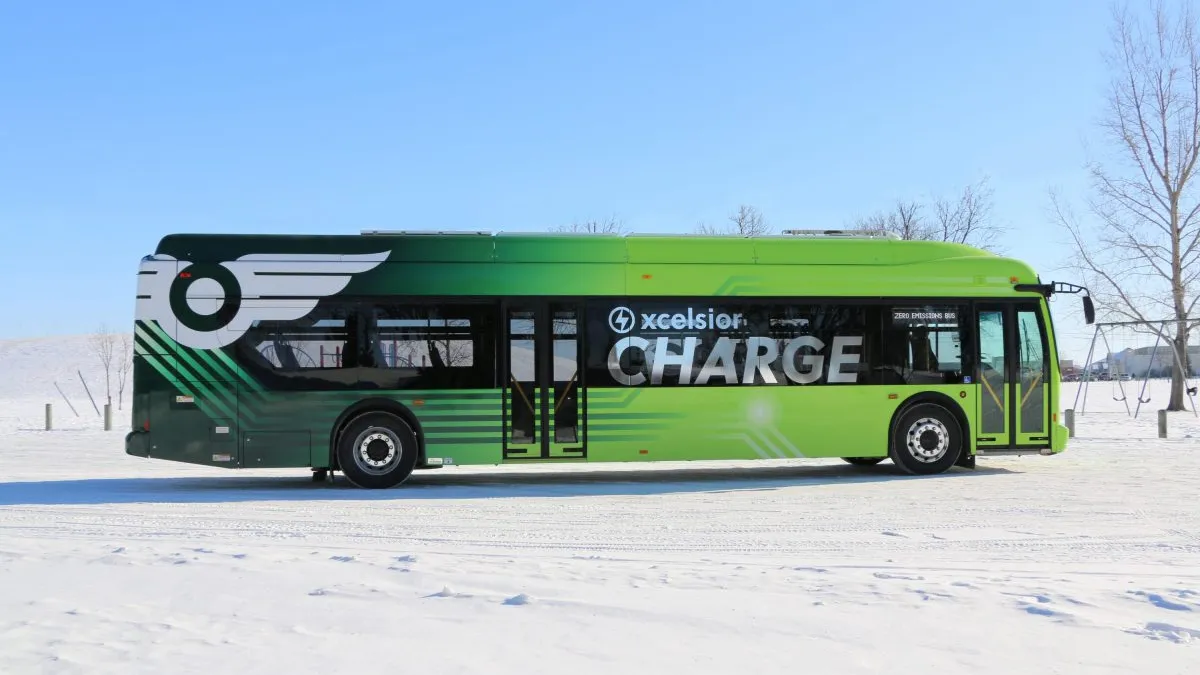Dive Brief:
- Although electric buses can present technological and logistical hurdles for cities and school districts, advanced planning and dedicated resources can make them fit into any environment. That's the message of a new report from the United States Public Interest Research Group (U.S. PIRG) and Environment America, which examined six U.S. cities and regions that have taken the lead on phasing out diesel buses.
- The report, developed with the Frontier Group, found that electric buses can be successful in a diverse mix of areas, even those with cold winters. The report profiled: Seneca, SC; Chicago; King County, WA; Albuquerque, NM; Twin Rivers, CA; and a bus pilot in Amherst, Cambridge and Concord, MA.
- Many successful cities partnered with local utilities on financing or infrastructure programs that helped overcome the upfront costs of the bus. Discounted off-peak charging, limited demand charges and storage policies are among the strategies that can be effective, the report found.
Dive Insight:
As cities look to slash transportation emissions, bus fleets have become a common target. The California Air Resources Board in December passed a rule requiring zero-emission buses by 2040, and cities from Columbus, OH to the District of Columbia have launched their own programs (even Anchorage, AK has tried one out).
Still, adoption has been slow, in large part because of concerns around how the buses handle specific weather and topographic conditions, and if they can survive the long lifespan required of city vehicles. The diversity of success stories, said report co-author Matt Casale of US PIRG, shows that those concerns tend to be overblown. Cities like Chicago and Seattle were able to find buses designed to keep battery temperatures stable, which avoided expected range loss in the cold.
"What we found was in places with cold winters, the buses didn’t see a huge dip in performance," said Casale, who runs the group's transportation program. "With enough planning, you can account for it. It's one factor to consider, but not one that can’t be overcome."
The report also examined Albuquerque, where a high-profile deal with manufacturer BYD had to be canceled over safety and performance concerns. That, Casale said, was an example of a city and manufacturer not taking all of the conditions — like hot summers and elevation — into account before planning a bus pilot. The city has announced plans to buy five new electric buses.
Electric buses remain more expensive than their diesel counterparts, although partnerships with utilities and grant programs can help defray the cost (Dominion Energy in Virginia, for example, has offered to pay school districts the difference in price if they purchase a new electric bus). But Casale said it was important for districts to start planning now, even as the costs remained relatively high.
"We expect over time as the market develops for the cost to come down," he said. "That extra work only becomes easier because the technology will get better and better. Purchasing an electric bus now is a lot easier than it was in 2015, and it will only get easier."











